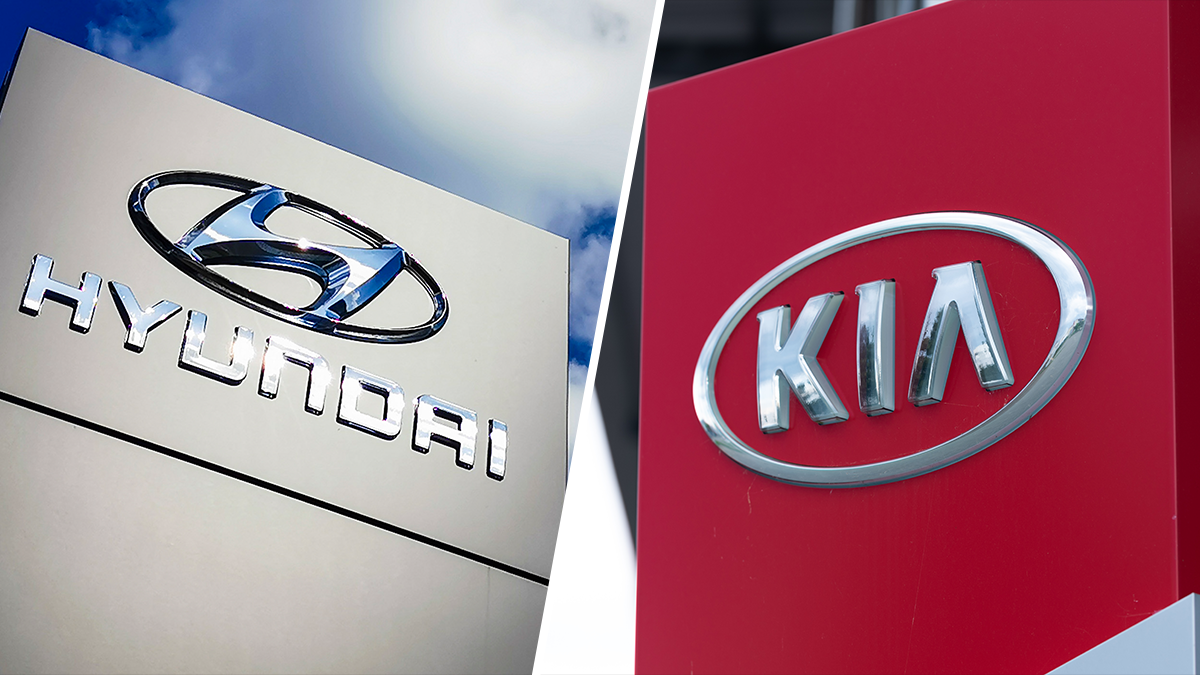Hundreds of San Diego health care workers took to the picket lines Wednesday morning to push for better pay and staffing.
As their contracts near their ends, many workers tell NBC7 they have been working at Kaiser Permanente Zion Medical Center for decades and that patient care has “eroded.”
More San Diego news:
There are 4,800 service and maintenance, patient care, clerical, and technical workers, including LVNs, respiratory therapists, certified nursing assistants, x-ray techs, admitting clerks, schedulers, EVS, food and nutrition, and others in San Diego who are represented by Office and Professional Employees International Union Local 30 (OPEIU Local 30).
Get top local stories in San Diego delivered to you every morning. Sign up for NBC San Diego's News Headlines newsletter.
Union members like Michael Ramey, the union president and an ultrasound technician, say they are tired of not being heard.
“The biggest struggle is staffing,” Ramey said. “We have a huge staffing crisis. It's at a critical level.”
Other struggles Ramey described were employee retention and pay. The union is asking for a $25 minimum wage.
“We want people to be able to actually live where they work,” he said.
Ramey also said these issues trickle down to the patients. They are not getting appointments when they need them.
Jeannie Shim, who has been a hospital unit coordinator for 18 years, said that when patients do get an appointment, they wait in discomfort to be seen.
“So think about it, you have to go the bathroom, and you're being told, ‘Oh, in 20 minutes, the nurse or CNA will be with you,'" Shim said. “Can you imagine waiting 10, 20 minutes?”
Frank Hurtarte, senior vice president of human resources with Kaiser Permanente Southern California and Hawaii, responded to the picketing:
“Kaiser Permanente is the largest union-represented health care employer in the U.S. — with nearly 75% of our employees represented by unions. We are currently in bargaining with the Coalition of Kaiser Permanente Unions, which represents about 88,000 employees in our historic Labor Management Partnership in a variety of roles.
Our priority is to reach an agreement that ensures we can continue to provide market-competitive pay and outstanding benefits. We are confident that we will be able to reach an agreement that strengthens our position as a best place to work and ensures that the high-quality care our members expect from us remains affordable and easy to access.
Given where we are in the bargaining process, it is clear that the picketing announced by the Coalition on July 13 is not about drawing attention to new issues, but rather an attempt to create some kind of bargaining leverage.
We have been and will continue to address the real issues that are affecting health care and our employees. On the heels of the global pandemic and given today’s economy, these challenges include inflation and rising costs to deliver health care, increasing competition from non-traditional businesses, labor shortages, supply chain disruptions, and increases in the demand for access to health care. We look to the Coalition to be a constructive partner in helping address these and other challenges affecting us all.”
Union picketers say they hope it doesn’t come to this, but they are prepared to strike.
“If that's what's necessary to do to make sure our patients are taken care of, then that's what we need to do,” Ramey said. “We're health care workers.”
Contract negotiations pick back up next week. Union members’ contracts are set to expire on Sept. 30.



